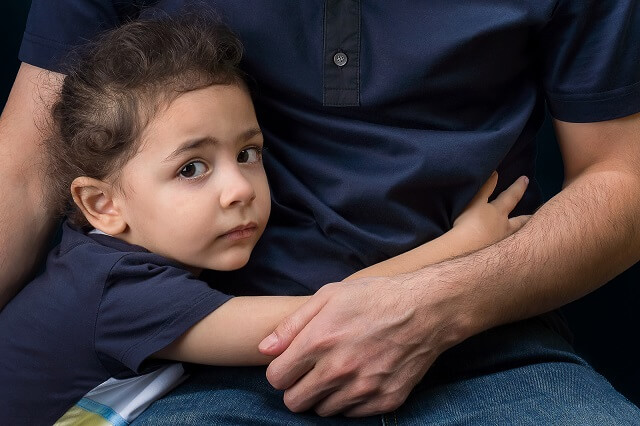Divorce becomes exponentially more complicated when children are involved. If you are considering divorce or if your divorce proceedings have already begun, it is important that you understand the various aspects of “custody” under California law and how they are likely to affect your post-divorce life. Remember that the fundamental principle of California custody law is “in the best interests of the child.”
Joint Custody vs. Sole Custody
California, like most states, distinguishes between joint custody and sole custody. The distinction is exactly as you might guess: In joint custody, the parents share the benefits and responsibilities of custody, while in sole custody, one parent has custody and the other doesn’t.
California courts often exhibit a preference for joint custody (especially joint legal custody), and will usually award it unless:
The parents cannot make decisions together (due to mutual enmity, for example);
One of the parents is unfit (one parent is an alcoholic, for example, or for some other reason is unable to make acceptable child care decisions); or
Sole custody would be in the child’s best interests for some other reason.
Physical vs. Legal Custody
California also distinguishes between physical custody and legal custody. In short, the parent with physical custody is the parent with whom the child lives. Typically, the other parent is granted visitation rights but must pay child support to the parent with physical custody. The parent with legal custody, by contrast, has the authority to make decisions about child-raising, such as:
Where the child will go to school;
What religion the child will practice, (if any);
What kind of medical treatment the child will receive (except in emergencies); and
Other decisions affecting the child’s welfare.
The Four Forms of Custody
To sum up, California recognizes four types of custody arrangements:
Sole legal custody
Joint legal custody
Sole physical custody
Joint legal custody
You can be awarded zero, one, or two of the foregoing types of custody: sole legal custody and joint physical custody, for example.
If the Other Parent Is Awarded Sole Legal Custody
If the other parent is awarded sole legal custody, you will not be able to make any decisions about child-raising on behalf of the child (for example, you will not be entitled to decide which school your child goes to). Not only can the other parent overrule your preferences, the other parent need not even consult with you before making a decision affecting the child’s welfare. Strictly speaking, however, sole legal custody is unrelated to which parent has physical custody.
The Time to Get Started Is Now
Deadlines matter in divorce proceedings, and failure to meet them can greatly damage your interests. But there’s more to it than that. Even with no legal deadlines looming, it is never too early to get started planning. And effective planning can greatly benefit from the assistance of a lawyer with thorough knowledge of California divorce law and practice.
If you are involved in or anticipate divorce proceedings in California, either with or without children, call CKB Vienna today or contact us online to schedule a consultation. We serve clients in Rancho Cucamonga, San Bernardino County, Los Angeles County, Orange County, and Riverside County.

